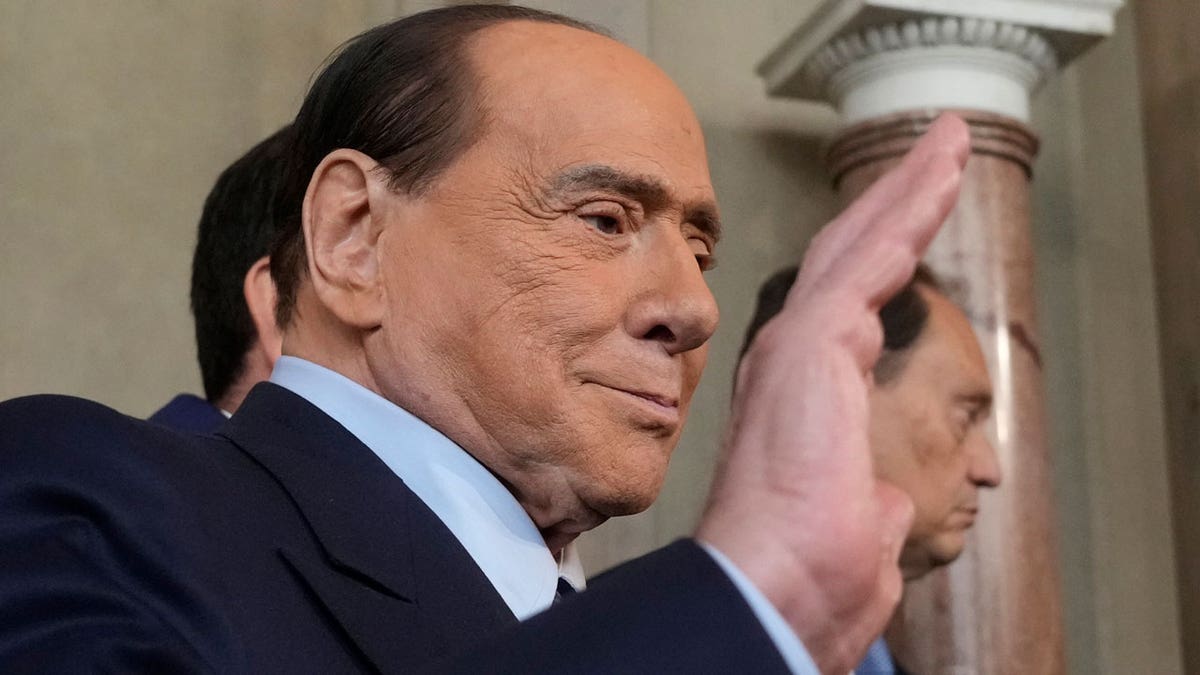A significant number of House Republicans, led by Rep. Randy Feenstra, are pushing to eliminate the federal inheritance tax, often referred to as the "death tax." With over 170 co-sponsors, including House Ways & Means Chairman Jason Smith, the "Death Tax Repeal Act" aims to permanently remove this tax, which is levied on beneficiaries inheriting assets. Republicans have consistently argued that the estate tax places an undue financial strain on families, particularly those running small businesses, during a time of grief.
This effort coincides with Republican attempts to extend provisions of President Trump's 2017 Tax Cuts and Jobs Act, set to expire at the end of 2025. One such provision involves the doubling of the estate tax exemption. Currently, the tax applies to estates exceeding approximately $13.9 million, according to recent IRS data. Proponents of the tax emphasize its limited impact, affecting a relatively small percentage of estates.

The Senate version of the bill, spearheaded by Majority Leader John Thune, has garnered support from 44 senators. Both Feenstra and Thune highlight the tax's negative impact on family farms and small businesses, particularly in their respective states of Iowa and South Dakota. They argue that the tax represents a form of "double taxation" and can jeopardize the survival of these vital economic contributors.

Rep. Feenstra stressed the unfairness of burdening grieving families with a substantial tax bill upon a loved one's passing. Senator Thune echoed this sentiment, emphasizing the importance of preserving family farms and ranches, which are crucial to rural communities. He advocated for eliminating the tax to allow these businesses to flourish without the threat of significant tax burdens and complex estate planning.
Should Republicans fail to extend the 2017 tax cuts, the estate tax exemption would revert to a lower level, affecting estates valued at roughly $7 million or more. A memo from the House Ways & Means Committee warned that allowing these tax cuts to expire could lead to a significant tax increase for average American households. The proposed bill from Feenstra and Thune seeks to permanently resolve this issue by abolishing the inheritance tax entirely.








